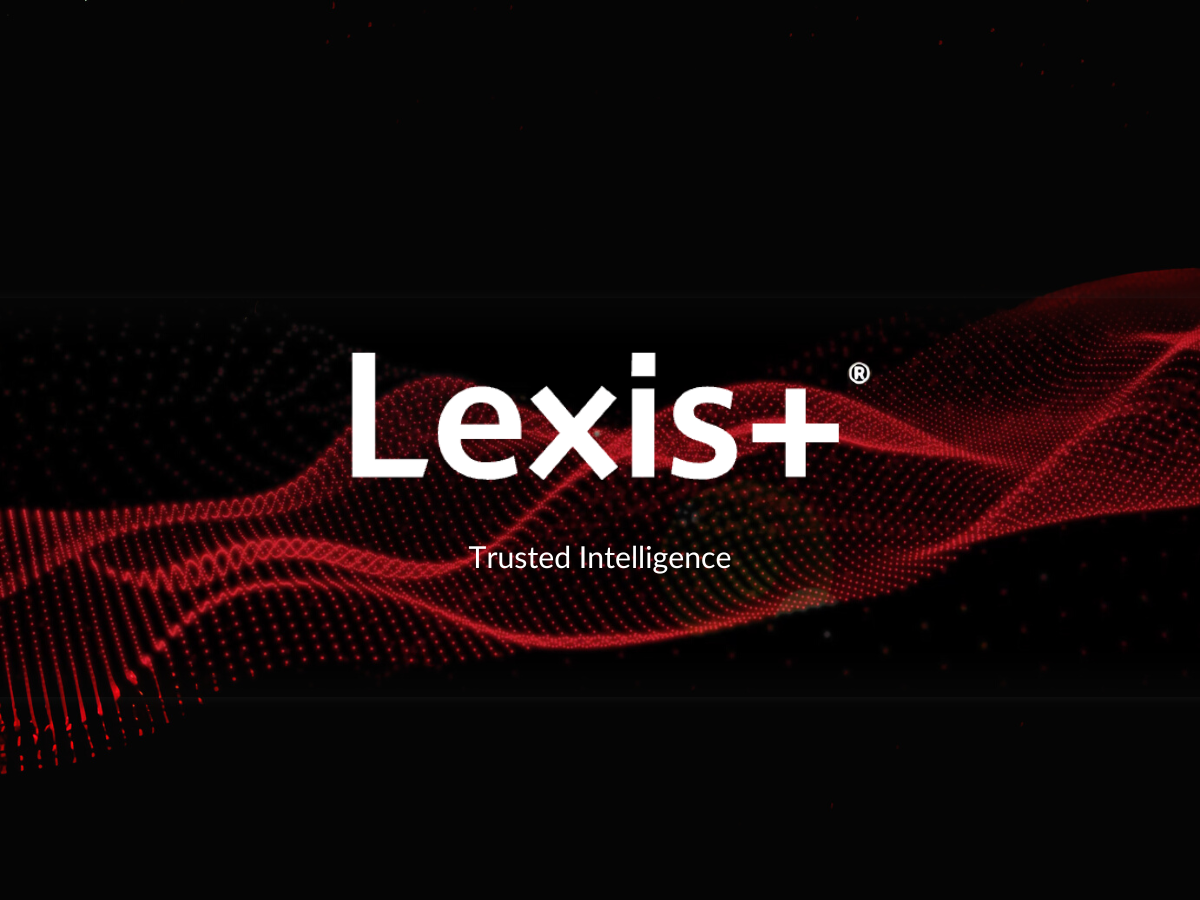Behind every legal brief, compliance audit, fraud detection system and corporate transaction lies a universal tension: the need to act quickly, but with certainty. To innovate, while maintaining a level...
Why South Africa’s public institutions need far more than simply good rules.. South Africa isn’t in desperate need of more regulation. From PFMA and MFMA to POPIA and King IV, governance frameworks in...
LexisNexis South Africa has launched a bold new brand campaign speaking directly to senior decision-makers who need trustworthy solutions in an era of accelerating complexity. The 'Trusted Intelligence...
Beyond the billable hour: How AI is accelerating the shift to outcome-based pricing In his book, Managing The Professional Service Firm , which was first published in 1993, David Maister suggests: ...
The Community Schemes Ombud Service (CSOS) has issued a new Practice Directive that directly affects the way bodies corporate and homeowners’ associations (HOAs) must operate. The directive introduces...

Legal practice that is premised on a deep and expansive knowledge of the law is the aspiration of most firms and practitioners.
For an industry that is built on precedent and precision, it’s easy to assume that success is purely a function of legal nous, but in a dynamic and increasingly competitive legal landscape, top-performing firms and legal departments are embracing a more holistic approach to building a strong reputation with clients. One that prioritises client outcomes, operational excellence and the strategic use of technology.
In practice, achieving remarkable case outcomes boils down to a delicately balanced combination of a sound methodology, thorough research, critical thinking and quick access to the right information.
Mastery of this extraordinary capability is what drives client-demand for the best firms. But can recent advancements in technology now improve a firm’s legal practice competency?
Can new technology improve case outcomes?
- Legal technology is a powerful enabler of legal research excellence, transforming traditional methods into more efficient, accurate, consistent and streamlined processes:
- When trained on a relevant, dedicated, expansive dataset that includes case law, statutes, regulations, and legal commentary – digital legal research platforms empower practitioners to analyse vast amounts of legal texts and documents in seconds, dramatically reducing the time needed for research compared to manual methods.
- Purpose-built artificial intelligence, embedded in these tools, offers the seamless automation of time-consuming tasks like citation checking and document review.
- Tools that comply with the industry’s best practices guarantee consistency of the quality of legal research and document preparation, ensuring that all work presented is of a predictably high standard.
- Predictive analytics help to anticipate judicial case outcomes and identify additional relevant precedents with greater speed and accuracy.
The result is sound legal research that is accurate, comprehensive and optimised to produce the desired outcome.
A strategic investment in reputation
Legal technology doesn’t just help manifest better case outcomes, it also facilitates sustainable cost and time savings. It creates the conditions under which legal practitioners have more time to think strategically about their professional approach to each case, adding value to direct engagements with clients rather than being captured by the process.
Technology is not a substitute for expertise. But when thoughtfully implemented, it becomes an enabler of consistent excellence, a multiplier of a team’s competence.
Firms and departments that treat innovation as a core component of their strategy are not only improving outcomes; they’re shaping the longer-term trajectory of their market reputation.
Ultimately the choice isn’t just about the merits of an advanced legal tech tool like Lexis+ over a more traditional approach. What also needs to be considered is the improved financial performance for the firm and shorter case resolution times because of the adoption of a forward-orientated mindset, which secures higher levels of client satisfaction overall.
A new era of law is finally here; one that combines the strengths of technology and human expertise that really does advance the rule of law.
Lexis+ is an advanced legal research and analytics platform that combines LexisNexis’ market leading South African law content with the power of artificial intelligence to streamline legal research, document drafting and analysis.